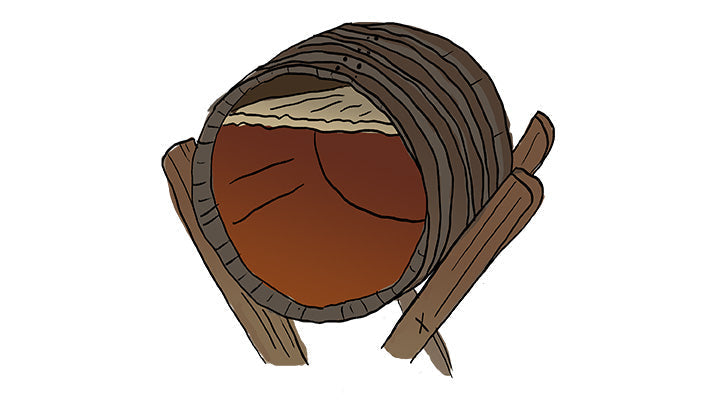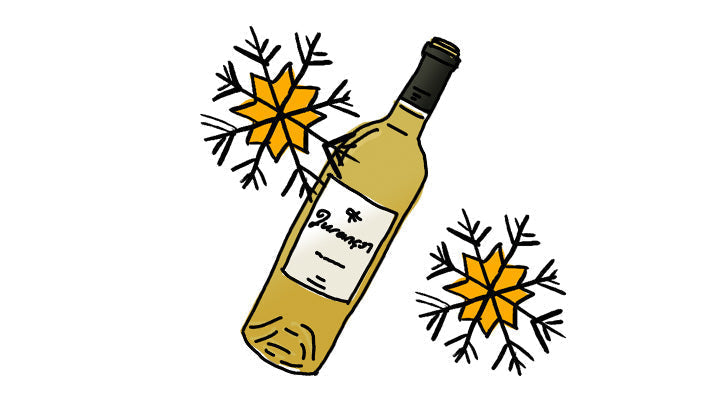Here are the main defects that can be found in bottled wine:
-
Oxidation: Oxygen can enter the bottle, leading to loss of aromas, a brownish color, and a flat taste.
-
Cork Taint (TCA): Contamination by TCA, a chemical compound, can result in musty, cardboard, or corky flavors in the wine.
-
Brettanomyces: Infection by the yeast Brettanomyces can produce unpleasant aromas of leather, barnyard, or smoke.
-
Reduction: Excessive reduction can lead to smells of rotten eggs or sulfur, often stemming from inadequate protection against oxygen during winemaking.
-
Volatile Acidity: It's because of alcohol-consuming acetic bacteria that wine turns into vinegar. Interestingly, acetic bacteria can only develop in contact with air. Oxidised wine begins its transformation into vinegar under the effect of volatile acidity.
Old wines can show both oxidation and a vinegary taste, but they are not always considered to be faulty. For example, some well-aged Italian wines are supposed to be a little vinegary. -
Maderization: Exposure to air and heat can oxidize the wine, developing flavors reminiscent of Madeira.
-
Tartrate Crystals: Formation of tartaric acid crystals in the bottle can appear like broken glass but is harmless.
-
Excessive Aging: Wines aged for too long can lose their balance and characteristics.
-
Light Taste: UV rays from the sun and artificial light can also damage wine. That's why most producers use brown or green bottles - they protect the wine from light to a certain extent. But once the wine has been altered by the sun's rays, there's nothing to be done. Light breaks down the most delicate aromatic compounds, often transforming them into other, less pleasant scents.
-
Secondary Fermentation: If fermentation continues in the bottle, it can cause over-pressurization and undesired effervescence.
Detecting these defects might require experience and attention, but it's crucial for ensuring an enjoyable tasting experience. Proper storage, careful handling of bottles, and regular monitoring can help prevent these issues.














